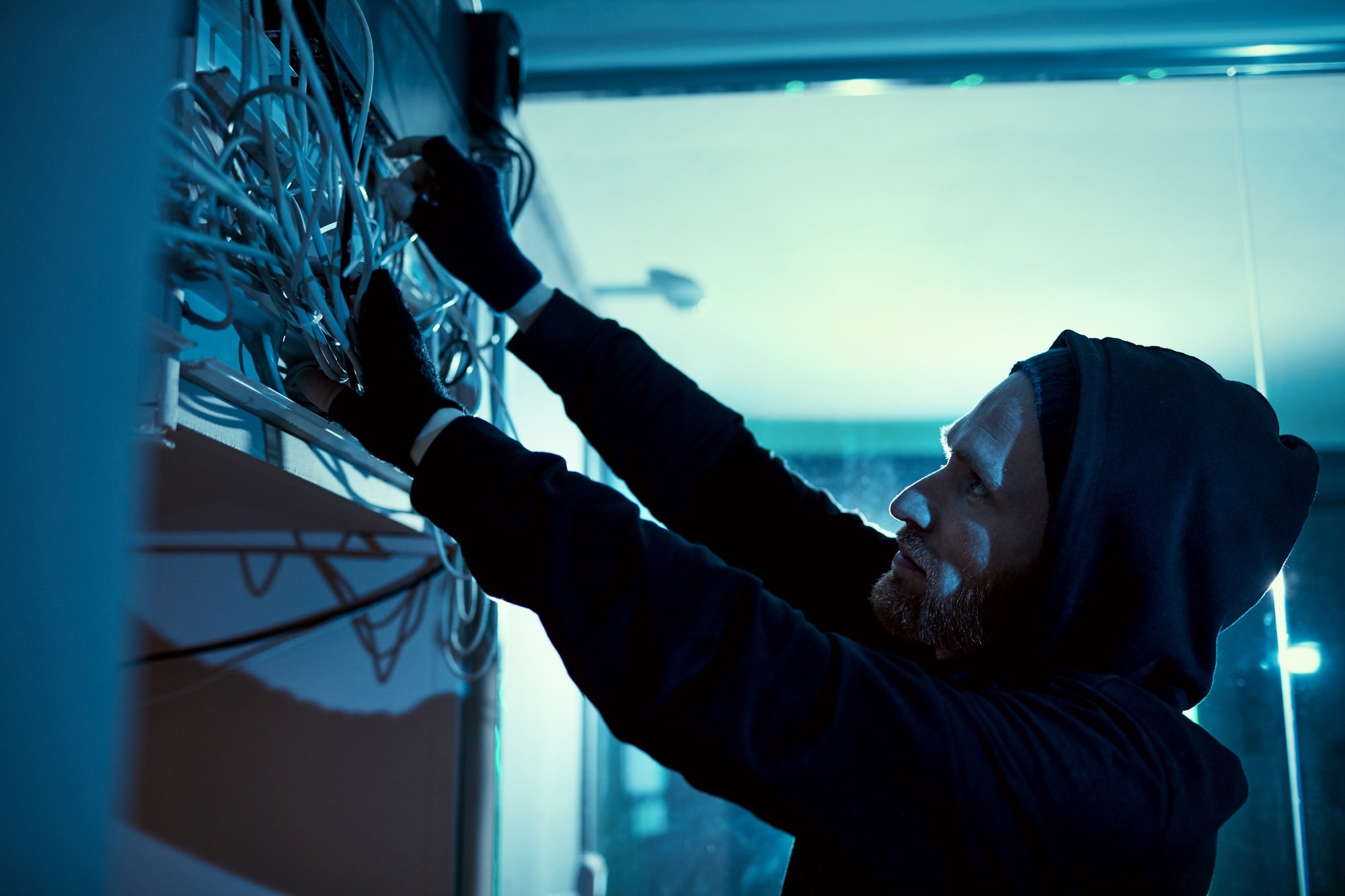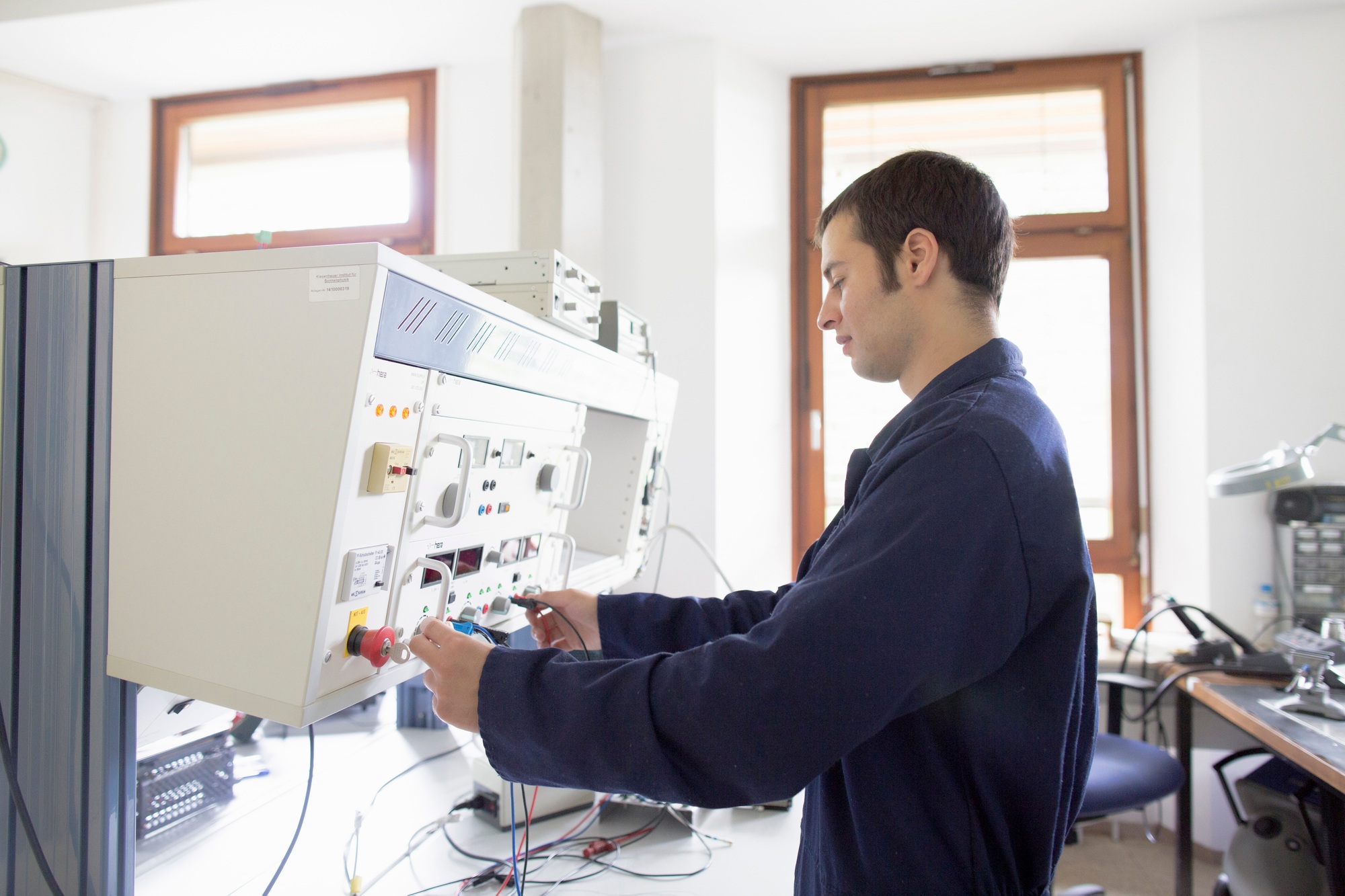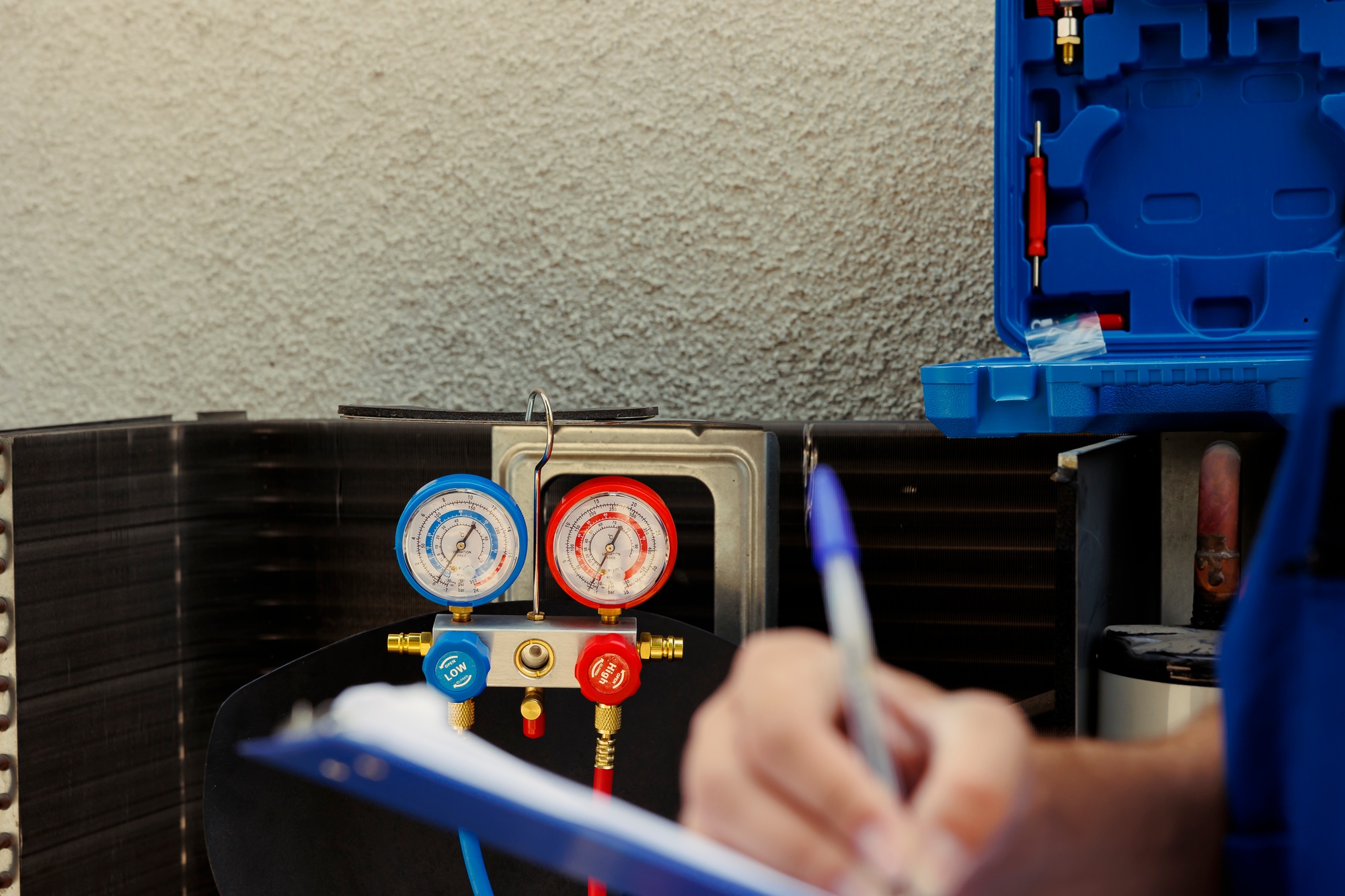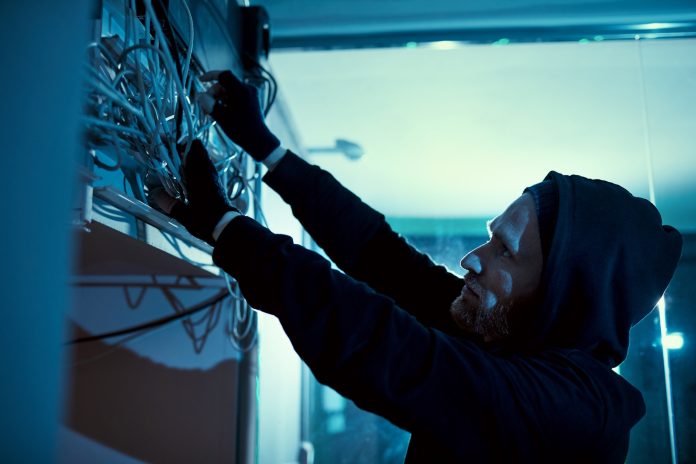Key Takeaways

- Understand Coverage Types: Key insurance types for electricians include General Liability, Professional Liability, Workers’ Compensation, Commercial Auto, and Equipment Insurance. Each provides crucial protection against specific risks.
- Enhance Credibility: Carrying electrician business insurance not only protects your assets but also boosts your professional credibility with clients, making them more likely to engage your services.
- Prioritize Employee Safety: Workers’ Compensation Insurance is vital for protecting employees and maintaining morale, as it covers medical expenses and lost wages due to job-related injuries.
- Evaluate Business Needs: When choosing insurance, assess your unique operational risks to ensure you select the most relevant coverage for your electrician business.
- Research Insurance Providers: Compare multiple insurance providers based on coverage options, customer service, financial stability, and customer reviews to find the best fit for your needs.
- Focus on Risk Management: Electrician business insurance helps mitigate potential financial setbacks from accidents or claims, allowing you to focus on running your business effectively.
Running an electrician business comes with its own set of challenges. From unpredictable job sites to the potential for accidents, protecting your livelihood is crucial. That’s where electrician business insurance steps in, offering you peace of mind and financial security in a risky industry.
Having the right insurance coverage not only safeguards your assets but also enhances your credibility with clients. Whether you’re a solo operator or manage a larger team, understanding the ins and outs of business insurance can help you make informed decisions. Dive into the essentials of electrician business insurance and discover how it can shield you from unforeseen setbacks while keeping your operations running smoothly.
Overview of Electrician Business Insurance

Electrician business insurance provides essential protection for your small business against various risks. It safeguards against potential liabilities that arise from accidents, injuries, or damages associated with electrical work. In your industry, unpredictable job sites amplify these risks, making reliable insurance even more critical.
Types of coverage to consider include:
- General Liability Insurance: Protects against claims for bodily injury, property damage, or personal injury resulting from your business operations.
- Professional Liability Insurance: Covers you against claims of negligence or inadequate work, especially relevant when providing consulting services.
- Workers’ Compensation Insurance: Required for businesses with employees, this insurance covers medical expenses and lost wages for workers injured on the job.
- Commercial Auto Insurance: Necessary if you use vehicles for business-related travel, protecting against accidents involving company vehicles.
- Equipment Insurance: Covers loss or damage to tools and equipment, essential for electricians working with expensive gear.
Having the right combination of these policies not only helps you mitigate risks but also enhances your credibility with clients. Clients feel safer engaging with insured electricians. Understanding these fundamentals allows you to make informed decisions as you run a small business in the demanding electrical industry.
Types of Electrician Business Insurance

Understanding the types of insurance available for your electrician business is crucial. Each type of coverage protects against specific risks, ensuring financial stability and professional credibility.
General Liability Insurance
General liability insurance, often termed electrician liability insurance, is essential for electrical contractors. This coverage addresses third-party claims for bodily injuries, property damages, and advertising injuries linked to your business operations. For example, if a customer suffers an injury due to exposed wires at a job site, this policy covers medical expenses and legal fees. Protecting yourself from such claims prevents potential financial setbacks while running a small business.
Professional Liability Insurance
Professional liability insurance safeguards against claims of negligence or errors in your professional services. If a client alleges that your work caused property damage or failed to meet industry standards, this insurance covers related legal costs and settlements. This type of insurance is particularly important for electricians, who often deal with complex installations where mistakes can lead to significant issues. Ensuring you’re covered boosts your reputation among clients and protects your business against costly claims.
Workers’ Compensation Insurance
Workers’ compensation insurance is necessary for you and your employees if injuries occur while performing electrical work. This insurance covers medical expenses and lost wages for injured workers, regardless of fault. It provides a safety net for your small business by preventing financial strain caused by workplace accidents. By investing in this coverage, you prioritize your employees’ well-being, which can enhance morale and productivity across your team.
Commercial Property Insurance
Commercial property insurance protects your business premises and equipment from risks such as theft, fire, or natural disasters. If your tools or office space sustain damage, this coverage helps replace or repair the property, keeping your operations running smoothly. Without this insurance, your small business could face significant costs that threaten its viability. By securing this protection, you mitigate risks and ensure your business assets are safe.
Importance of Electrician Business Insurance

Electrician business insurance plays a crucial role in managing risks associated with running a small business in the electrical trade. Protecting your enterprise from unforeseen financial burdens allows you to focus on your work and serve your clients effectively.
Protection Against Liability Risks
Liability risks present significant challenges in the electrical field. You face potential claims for bodily injury or property damage resulting from your work. General liability insurance covers these risks, ensuring financial recourse in case of accidents at job sites. This coverage is often a legal requirement and can boost your client’s confidence in your services.
Professional Mistakes and Errors
Professional liability insurance, also known as errors and omissions (E&O) insurance, addresses claims arising from professional mistakes. This coverage is essential for defending against lawsuits related to the quality of your work or missed deadlines. Having this protection in place reassures your clients that they’re working with a responsible and reliable electrician.
Understanding the importance of electrician business insurance enhances your ability to navigate the complexities of running a small business. Each type of coverage plays a fundamental role in safeguarding your assets and maintaining your professional credibility.
How to Choose the Right Insurance

Choosing the right insurance for your electrician business involves careful evaluation of your unique needs and risks. Understanding the specific protections you need enhances your ability to run a small business successfully.
Assessing Your Business Needs
You must assess the specific needs and risks associated with your operations when selecting insurance for your electrician business. Here are key considerations:
- General Liability Insurance: This coverage protects your business against third-party claims related to property damage and bodily injury resulting from your electrical services.
- Commercial Property Insurance: This policy covers your commercial property, including your office and storage facilities, against catastrophes like fire, natural disasters, and theft.
- Workers’ Compensation Insurance: Often mandatory in many states, this insurance safeguards your finances and covers employees in case of job-related injuries.
- Commercial Auto Insurance: If you use vehicles for work purposes, this insurance covers damages and liability associated with those vehicles.
Comparing Insurance Providers
Comparing insurance providers enhances your selection process for your electrician business. Follow these steps:
- Research Providers: Look for providers with extensive experience in the small business sector and positive customer reviews.
- Review Coverage Options: Examine the specific coverages offered by each provider to ensure they meet your needs.
- Request Quotes: Obtain quotes from multiple insurers and evaluate the costs alongside coverage limits, deductibles, and exclusions.
- Check Financial Stability: Verify the financial ratings of providers through reliable sources, ensuring they can meet their claims obligations.
- Analyze Customer Service: Consider the reputation for customer service each provider holds; prompt response times can make a significant difference during claims.
Utilizing these strategies enables you to find the right insurance that protects your small business now and in the future.
Conclusion

Investing in electrician business insurance is a smart move for protecting your livelihood. It not only safeguards your assets but also enhances your credibility with clients. By understanding the various types of coverage available you can make informed decisions that align with your specific needs.
Navigating the challenges of the electrical trade becomes easier when you have the right insurance in place. This way you can focus on delivering quality service while knowing you’re covered against potential risks. Take the time to assess your business needs and explore your options to ensure you’re well-prepared for whatever comes your way.
Frequently Asked Questions

What is electrician business insurance?
Electrician business insurance is a type of coverage designed to protect electrical contractors from financial losses due to accidents, injuries, or damages associated with their work. It provides financial security and helps manage risks effectively, allowing electricians to focus on their projects with peace of mind.
Why is insurance important for electricians?
Insurance is crucial for electricians as it protects them from potential liabilities and financial risks related to their services. It not only encourages client trust by showcasing professionalism but also safeguards businesses from costly legal claims and accidents.
What types of insurance should electricians consider?
Electricians should consider several types of insurance, including General Liability Insurance, Professional Liability Insurance, Workers’ Compensation Insurance, Commercial Auto Insurance, and Equipment Insurance. Each type offers specific protections against various risks encountered in the electrical trade.
What does General Liability Insurance cover?
General Liability Insurance covers third-party claims for bodily injuries and property damages. It protects electricians from financial losses resulting from accidents at job sites, ensuring they have the necessary financial resources to address legal claims.
How does Workers’ Compensation Insurance benefit electricians?
Workers’ Compensation Insurance provides coverage for medical expenses and lost wages for employees injured while working. This insurance is essential for electricians as it ensures their team is supported in case of accidents, promoting a safer work environment.
How can electricians choose the right insurance provider?
Electricians can choose the right insurance provider by assessing their specific business needs, comparing coverage options, requesting quotes, checking the provider’s financial stability, and analyzing customer service reviews. This thorough approach ensures comprehensive protection tailored to their business.
What should electricians look for in a policy?
When evaluating policies, electricians should look for coverage limits, deductibles, exclusions, and the types of risks covered. Understanding these elements helps ensure they choose an insurance plan that aligns with their business operations and provides adequate protection.
Image Via Envato: DC_Studio, puhimec, DragonImages, ImageSourceCur, josecarloscerdeno, rthanuthattaphong, AnnaStills



